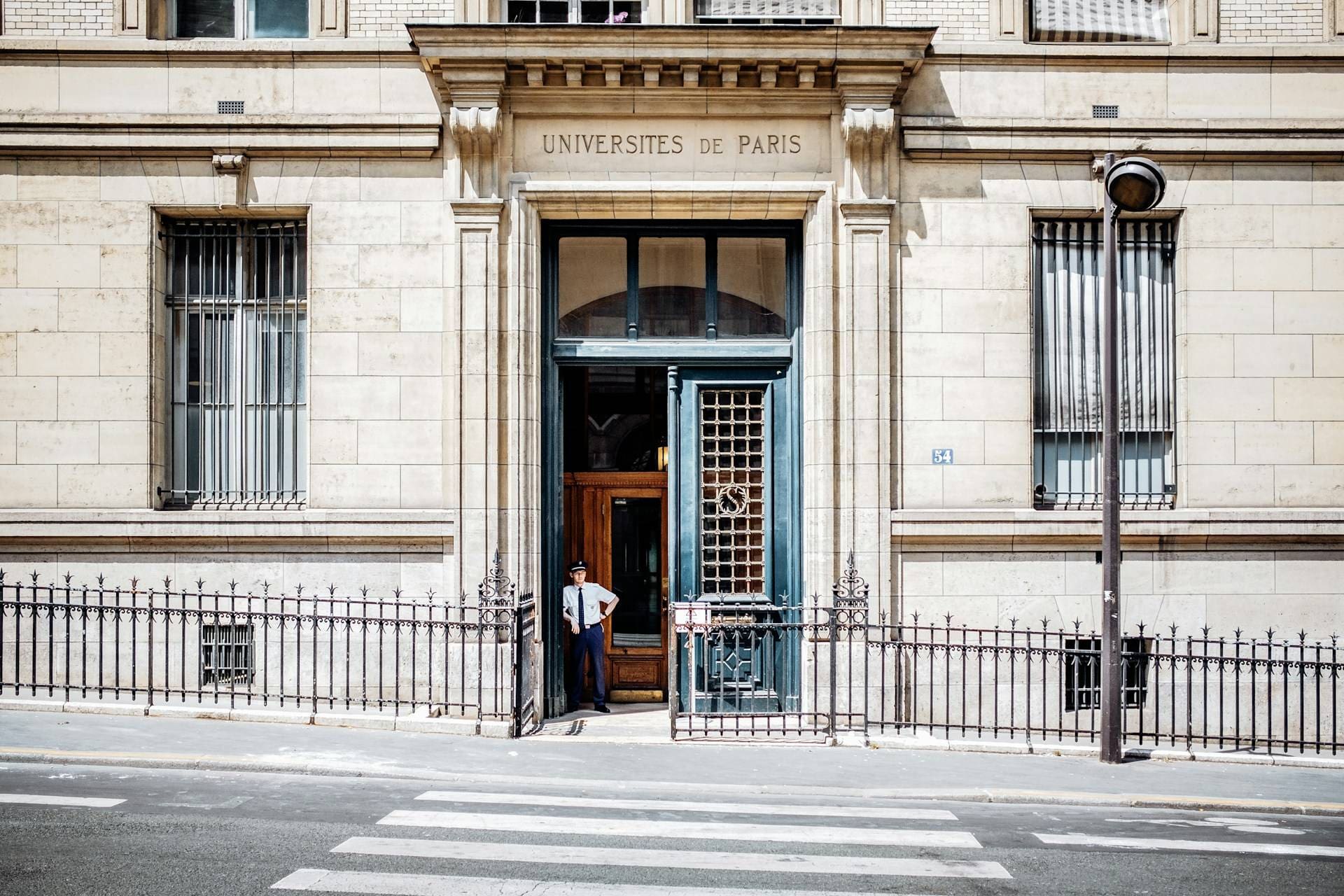
Education in France: A Comprehensive Guide for Expats with Children
For expat families moving to France, ensuring their children receive a high-quality education is a top priority. France boasts an esteemed education system that offers a range of public, private, and international schooling options. However, navigating the complexities of enrolment procedures, understanding the key educational stages, and choosing the most suitable school can be daunting for expat parents.
That’s where we can make a real difference. Our expert team provides invaluable support throughout the entire relocation process, including helping you and your family find the ideal educational solution that caters to your children’s unique needs. With our guidance, you can confidently embrace the opportunities that life in France offers, knowing that your children’s education is in good hands.
This comprehensive guide will walk you through the crucial aspects of education in France, including an overview of the educational system, various schooling options, the enrolment process, key educational stages, and extracurricular activities. With French Connections HCB’s insights and expertise, you can feel at ease knowing that you are well-equipped to make informed decisions about your children’s schooling while embarking on your exciting new adventure in France.
Education in France: A Comprehensive Guide for Expats with Children
1. Overview of the French Education System
French education is renowned for its high standards and rigorous structure, offering a balanced curriculum that includes academic, artistic, and physical education subjects. The education system in France includes the following key stages:
– Maternelle (Preschool): For children aged 3 to 6, maternelle offers early education in a nurturing environment, focusing on social skills, creative expression, and pre-reading and writing activities.
– Élémentaire (Primary School): For children aged 6 to 11, this stage comprises five grades (CP to CM2) and covers fundamental subjects, such as French, mathematics, science, history, geography, and arts.
– Collège (Middle School): For students aged 11 to 15, collège lasts four years (6ème to 3ème) and includes a core curriculum along with optional subjects, such as foreign languages and technology.
– Lycée (High School): For students aged 15 to 18, this stage offers various educational paths, including general, technological, and vocational programmes, leading to the Baccalauréat diploma or vocational qualifications.
2. Schooling Options in France: Public, Private, and International Schools
France offers a variety of schooling options to cater to the diverse needs of expat families:
– Public Schools: French public schools provide free education to all children residing in the country. These schools follow the national curriculum and are overseen by the Ministry of Education. While public schools display a high academic standard, expat children may face language barriers, especially during the initial adjustment period.
– Private Schools: French private schools offer an alternative for families seeking smaller class sizes, specialised programmes, or specific religious education. These schools generally follow the national curriculum and are partially funded by the government. Fees vary depending on the school, with some offering reduced tuition for families with multiple children enrolled.
– International Schools: International schools provide education in various languages and follow different curricula, such as the International Baccalaureate, British or American education systems. These schools are the preferred choice for many expat families, as they allow for a smoother transition between home and host countries. However, international schools tend to have higher fees compared to public and private French schools.
3. Enrolling Your Child in a French School
Enrolment procedures vary depending on the type of school and the age of your child. Here are the key steps for enrolling your child in French education:
– Registering for Maternelle: Enrolment typically starts in March or April, the year before your child turns 3. You will need to visit your local town hall (mairie) to register and provide proof of residence, identity, and your child’s birth certificate.
– Registering for Élémentaire, Collège, and Lycée: For enrolment in primary and secondary schools, you will also need to provide proof of residence, identity, and your child’s birth certificate. Registration processes may differ slightly depending on the school type, with public schools often requiring you to register at your local mairie, while private and international schools require direct contact with the school itself.
– Vaccination requirements: French schools generally require children to have certain vaccinations, such as diphtheria, tetanus, and polio. It is essential to consult with your chosen school for specific vaccination requirements and provide proof of immunisation during the enrolment process.
4. Extracurricular Activities and Support for Expat Students
Many French schools, both public and private, offer a range of extracurricular activities to enrich your child’s educational experience, including sports clubs, music lessons, and arts programmes. Additionally, public schools and many international schools offer French as a Foreign Language (FLE) programmes to support expat children in learning the French language and adapting to the local educational system.
Ensuring a Seamless Education Experience with French Connections HCB
Balancing the excitement of moving to France with the responsibility of providing a quality education for your children can be a challenge. By partnering with us, you can access expert guidance on all aspects of the French education system, ensuring that your children’s schooling is in the best hands possible.
Discover how French Connections HCB can help you navigate the complexities of education in France by getting in touch with our relocation specialists. With our comprehensive support, you can focus on embracing all the wonders that France has to offer, confident in the knowledge that your family’s educational needs are being expertly managed.